
With its range of available flavors and brands, alternative milks are no longer a fringe dietary preference. What began in 2008 as a mere soy milk option has soared into a $16 billion global industry that milks just about any oat or nut it can find. Although still popular amongst vegans and lactic-challenged consumers, these plant-based beverages are increasingly appearing on cafe menus to appeal to the mainstream crowd.
At Houston’s, we’ve noticed a similar rise in alternative milk’s popularity. What could account for this steady climb in the market? One potential answer to this growth: people like the way it tastes.
Still Making a Stir
In 2019, sales of alternative milks made up 14% of the entire milk market, while dairy milk sales remained unchanged. When asked about why they’d made that choice, people often cite environmental sustainability and healthier diets. And by offering new flavors in places where traditional milk has typically been king, alternative milks have found a new and interesting foothold for those who don’t necessarily identify with having dietary restrictions.
Retailers don’t just benefit from new flavors, though. Alternative milks also offer an inherent benefit to the bottom line: shelf life. Newly purchased dairy milk typically spoils within a couple of weeks, making it costly if a carton goes to waste in the refrigerator. Alternative milks have a shelf life of 6 – 12 months, a much more flexible and forgiving timeline.
Taking a snapshot of Houston’s barista-centric alternative milks, you can begin to understand just how dynamic and valuable these flavors can be to a barista.
The Barista’s Choice
While almond and oat have certainly been the most successful of the bunch, there is a crowd for every form of alternative milk. More and more recipes are emerging that call for soy milk, hemp milk, coconut milk, or rice milk. Every day, your customers are expanding their menus with a greater variety of flavor and texture.
The alternative milks in these recipes aren’t just about substituting dairy milk. They play a role in enhancing other flavors, providing a more complex experience rather than a simple liquid base. Suddenly, that turmeric latte has a complimentary hint of coconut that would have been completely absent with the use of traditional milk.
The Houston’s Assortment
Houston’s offers three brands of alternative milks because we understand the importance of variety and preference. You may find multiple almond milks or oat milks across these vendors, but each presents its own formula and a different experience. Oatly’s Barista Edition Oatmilk and Pacific Foods’ Barista Series Oat both provide an exceptional foaming beverage for lattes and other cafe staples, but they aren’t identical. Each brand has its own loyal customers; it’s just about finding what’s right for the ones you do business with.
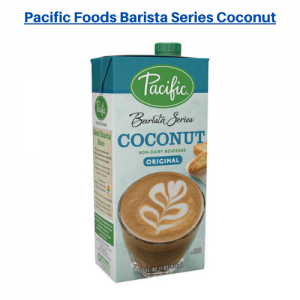
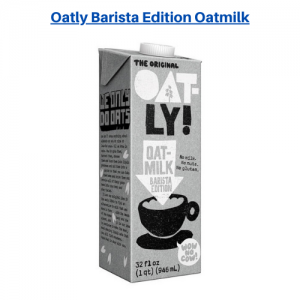
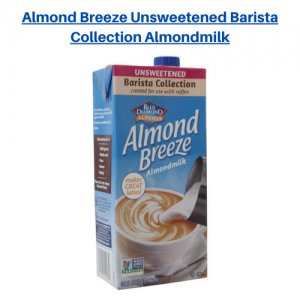
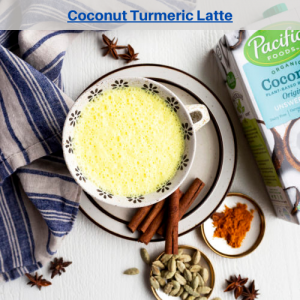
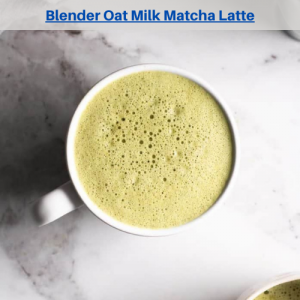
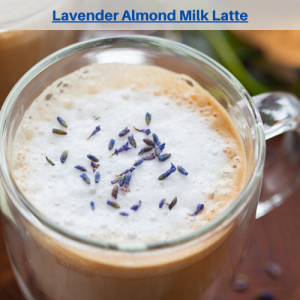



Facinating! The shelf life advantage stands out for me as a single who lives alone and the variety of different milks you have mentioned as being available urges me to try many of the options!
Thanks for sharing this info…you’ve made me a fan!